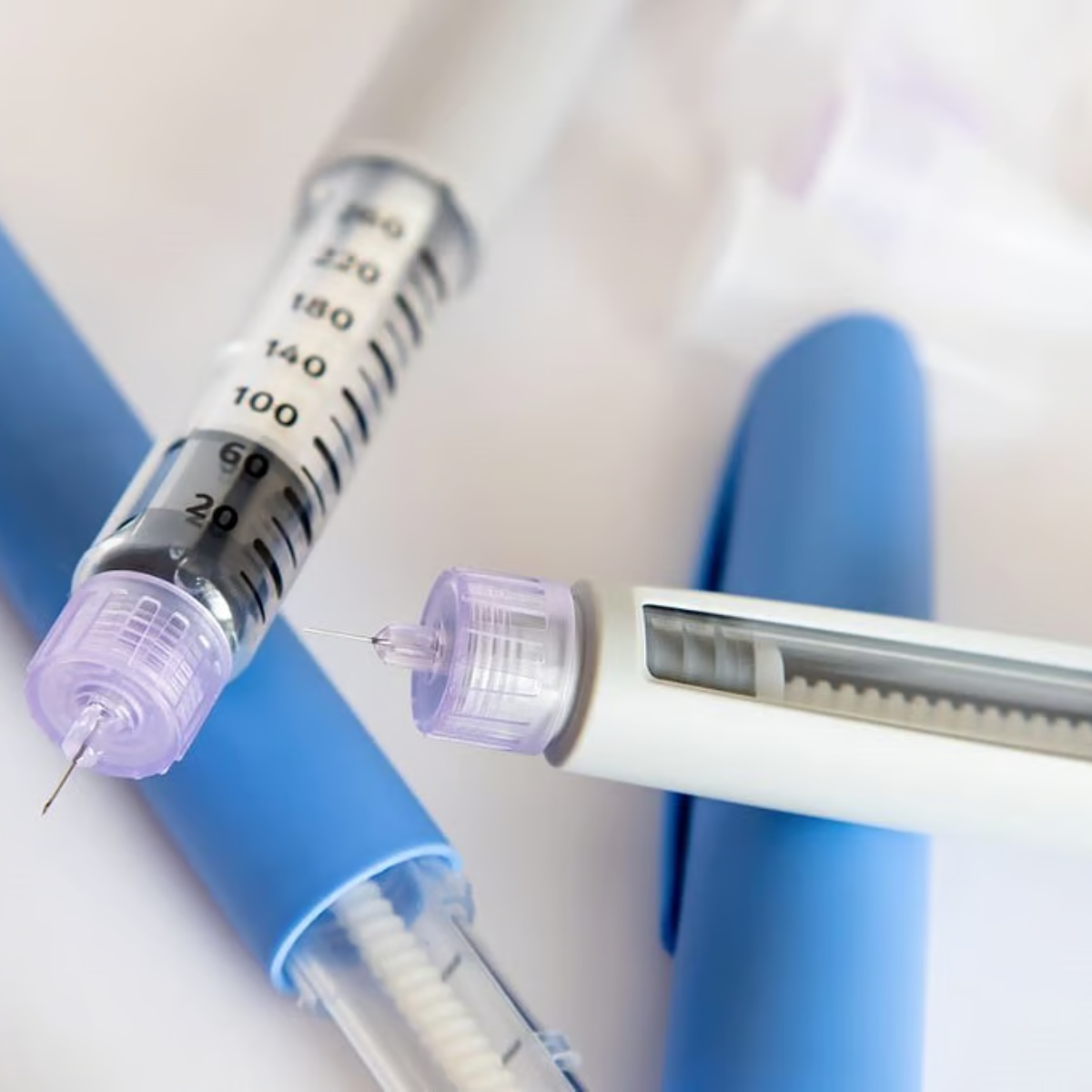Life After GLP-1s: Part 3 – Can Surgery Help Maintain Weight After GLP-1s?
Many patients ask, “Can I use medication to lose weight, then have surgery to help keep it off?” It’s a logical and important question — and the latest statement from the International Federation for the Surgery of Obesity (IFSO) provides helpful guidance.
IFSO emphasises that obesity is a chronic, relapsing condition. Stopping medication often leads to weight regain, so long-term management typically requires sustained therapy and an ongoing plan.
What the IFSO Guidance Highlights
The statement from IFSO reinforces that surgical eligibility should never be based on weight alone. Instead, decisions should consider:
- Overall clinical risk, including metabolic health and quality of life
- Likelihood of relapse after stopping medication
- Long-term disease control, not just a target number on the scale
Importantly, weight loss achieved through medication should not automatically disqualify someone from surgery. Waiting for weight regain before considering surgery can increase disease burden and reduce metabolic benefits.
Medications and Surgery: Complementary Tools
According to IFSO, medications and surgery are complementary treatments, not competing ones. Both play a role in chronic obesity management and can be:
- Combined – to enhance total weight loss and metabolic control
- Sequenced – starting with medication, followed by surgery to maintain results
- Adjusted over time – as health needs, goals, and life stages evolve
Shared decision-making and individualised planning remain central to achieving sustainable outcomes.
360 SURGERY’s Approach to Long-Term Success
At 360 SURGERY Melbourne, we design personalised, evidence-based strategies that integrate medication, endoscopic options, and surgical care. Our focus is on matching the right tool to the right moment in your journey.
Our comprehensive approach includes:
- Assessment of metabolic health and risk factors beyond BMI
- Review of GLP-1 therapy response and tolerance
- Long-term planning to minimise relapse and maintain results
- Ongoing multidisciplinary support from surgeons, dietitians, and psychologists
Whether you’re still using GLP-1s or have completed your course, bariatric surgery may help protect your weight loss results and improve long-term health outcomes.
Key Takeaway
Obesity treatment is a lifelong process that may require different therapies at different times. Surgical options should be viewed as part of a continuum of care, not a last resort. Combining medical and surgical tools within a structured, patient-centred plan offers the best chance for lasting success.
If you’re considering surgery after GLP-1 therapy, our team at 360 SURGERY Melbourne can help you build a tailored plan to sustain your progress and safeguard your health for the long run.
Reference:
Cohen RV, Prager G, le Roux CW, Lingvay I, Salminen P. International Federation for the Surgery of Obesity statement on metabolic bariatric surgery after pharmacotherapy-induced weight loss in clinical obesity. Lancet Diabetes Endocrinol. 2025 Sep; 13(9): 733-736. doi: 10.1016/S2213-8587(25)00198-6.


















